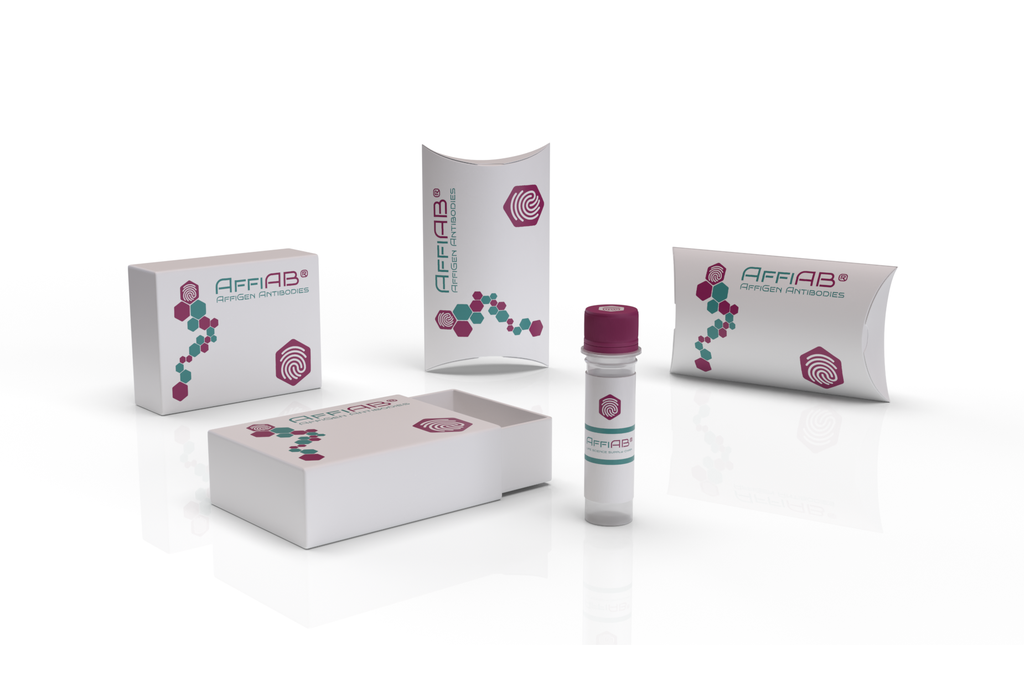AffiAB® Anti-DDIT3 Antibody
DDIT3 also named GADD 153 which has been described as a growth arrest and DNA damage-inducible gene that encodes a C/EBP-related nuclear protein. This protein has also been designated C/EBP-homologous protein (CHOP-10) . GADD 153 expression is induced by a variety of cellular stresses, inducing nutrient deprivation and metabolic perturbations. GADD 153 functions to block cells in G1 to S phase in cell cycle progression and acts by dimerizing with other C/EBP proteins to direct GADD 153 dimers away from "classical" C/EBP binding sites, recognizing instead unique "nonclassical" sites. Thus GADD 153 acts as a negative modulator of C/EBP-like proteins in certain terminally differentiated cells, similar to the regulatory function of Id on the activity of Myo D and Myo D-related proteins involved in the development of muscle cells.
Antibody type
Rabbit polyclonal Antibody
Uniprot ID
SwissProt: P35638 Human; SwissProt: P35639 Mouse
Recombinant
NO
Conjugation
Non-conjugated
Host
Rabbit
Isotype
IgG
Clone
N/A
KO/KD
N/A
Species reactivity
Human, Mouse
Tested applications
WB, FC
Predicted species reactivity
N/A
Immunogen
Synthetic peptide within human DDIT3 aa 60-130
Storage
Store at +4°C after thawing. Aliquot store at -20°C. Avoid repeated freeze / thaw cycles.
Form
Liquid
Storage buffer
1*PBS (pH7.4) , 0.2% BSA, 50% Glycerol. Preservative: 0.05% Sodium Azide.
Concentration
1 mg/mL.
Purity
Immunogen affinity purified.
Signal pathway
Alzheimer disease, Apotosis, MAPK signaling pathway, Parkinson’s disease, Amyotrophic lateral sclerosis
Recommended dilutions
WB: 1:500-1:2, 000
; FC: 1:50-1:100
Molecular Weight
Predicted band size: 19 kDa
Subcellular location
Nucleus, Cytoplasm.
Positive control
Mouse brain tissue lysate, LOVO, mouse testis tissue lysate.
